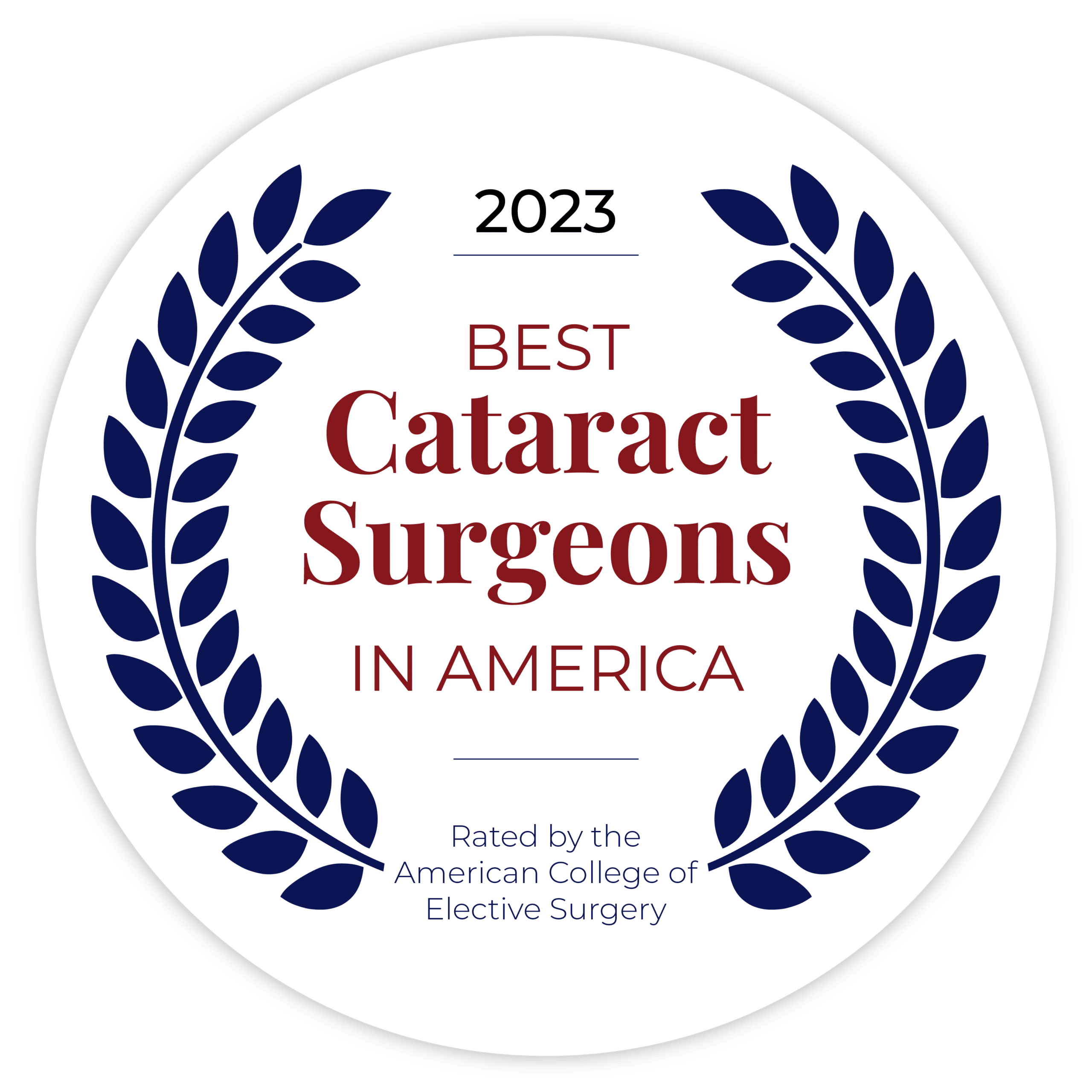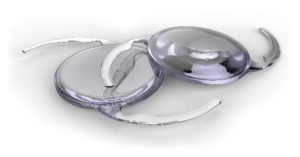Cataract Surgery in NYC
Dr. Pamel now offers laser cataract eye surgery with the Optimedica Catalys Precision Laser Platform femtosecond cataract system. One of the first New York cataract surgeons to adopt this technology, Dr. Pamel is able to completely customize cataract surgery to the needs of the individual patient for enhanced results. The femtosecond laser is used to perform the first few steps of the cataract removal procedure, including the initial incisions, capsulotomy and phacoemulsification. Learn more about Laser Cataract Surgery.
What is a Cataract?
 A cataract is a clouding of the natural lens that can occur with aging, certain medical conditions, the use of certain medications, and trauma. In some instances this condition is hereditary. When the cloudy lens interferes with a person’s lifestyle (such as during reading, driving, or watching television), the treatment involves removal of the cataracts through a micro-incision. An IOL is then used to restore vision. Dr. Pamel is a LASIK specialist in NYC who is also adept at IOL procedures. Our office performs such operations with intraocular lenses, and we have helped countless patients from NYC, Manhattan, Astoria and Queens obtain clear vision.
A cataract is a clouding of the natural lens that can occur with aging, certain medical conditions, the use of certain medications, and trauma. In some instances this condition is hereditary. When the cloudy lens interferes with a person’s lifestyle (such as during reading, driving, or watching television), the treatment involves removal of the cataracts through a micro-incision. An IOL is then used to restore vision. Dr. Pamel is a LASIK specialist in NYC who is also adept at IOL procedures. Our office performs such operations with intraocular lenses, and we have helped countless patients from NYC, Manhattan, Astoria and Queens obtain clear vision.
Cataract Consultation
Prior to IOL operation at our office, Dr. Pamel and his staff will take measurements of your eyeball in order to determine the strength of the lens implant. Determining the precise power of the lens implant is critical because the implant will determine if you will require spectacles to correct the vision problems following the cataracts operation.
These procedures have undergone numerous advancements in the last decade, which have not only made the procedure faster but have also shortened the length of recovery time. The cataract is removed using ultrasound to break up the natural lens. This procedure is called phacoemulsification.
As an experienced Astoria / Queens cataract surgeon, Dr. Gregory Pamel uses a technique that usually does not require patching of the eyeball or stitches. The surgical procedure takes only 10 minutes and is done in an outpatient operation center setting. Our office will be able to provide transportation to and from your home the day of your operation in most cases.
Intraocular Lens Options for Lens Implant Surgery
There are currently two different types of intraocular lenses available to patients undergoing this procedures at our office.
Monofocal Lens Implants
The most common intraocular lens we offer at our office is a monofocal lens implant. This intraocular lens will correct a patient’s distant vision or near vision depending on the power of the implant. Most of the time, Dr. Gregory Pamel selects an implant power to correct the patient’s distance vision completely so that after the operation, the patient will only have to wear reading spectacles.
Multifocal Lens Implants
The other type of intraocular lens at our office is a multifocal lens implant. This intraocular lens can correct a patient’s distance and reading vision making the patient less dependent on reading spectacles. Prior to the procedure, you and the doctor will spend time discussing the two types of implants so that an informed decision can be made regarding which type of intraocular lens should be used.
Choosing Dr. Pamel for Cataract Surgery
Dr. Pamel has performed over 4,000 Cataract surgeries. Other doctors who trust his skill and expertise often refer difficult cases to him, including cataract surgery Astoria, Queens and Manhattan patients and those from throughout the region.
Cataract Surgery FAQs
When is the right time to have cataract surgery?
 Most patients wait until their vision is significantly cloudy from cataracts before having surgery, but there is no such thing as having cataract surgery too early. That is true because the results are permanent and cataracts cannot return on an intraocular lens. Remember that cataracts get progressively worse, so you should not postpone having surgery in the hope that your vision will improve on its own.
Most patients wait until their vision is significantly cloudy from cataracts before having surgery, but there is no such thing as having cataract surgery too early. That is true because the results are permanent and cataracts cannot return on an intraocular lens. Remember that cataracts get progressively worse, so you should not postpone having surgery in the hope that your vision will improve on its own.
Will I have to wear glasses after cataract surgery?
Your reliance on glasses (or contact lenses) after cataract surgery will depend on the type of intraocular lens you select for your procedure. Premium lenses like monofocal, multifocal, accommodating and toric lenses can help to correct common refractive errors. That means you may be able to see in most situations without wearing prescription lenses.
At what age can I start to expect cataracts?
Although cataracts can affect people of any age, most people do not notice any symptoms for vision impairment from cataracts until their 60s or 70s. Roughly half of all Americans develop cataracts by the age of 75.
Call our office today at (212) 355-2215 to schedule a consultation. For more information on implantable contact lenses, contact our office today.





